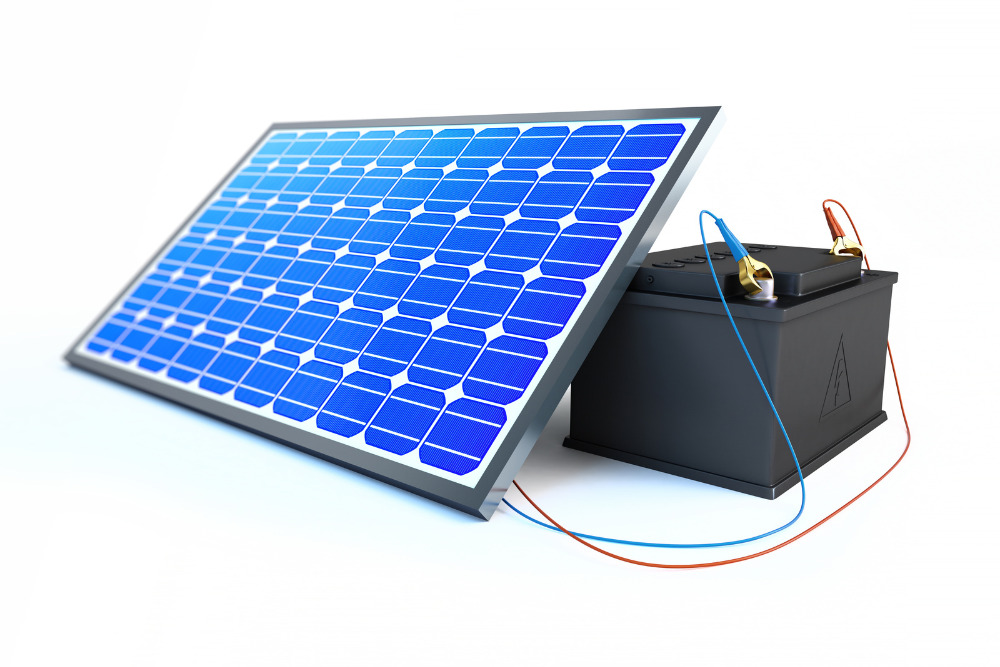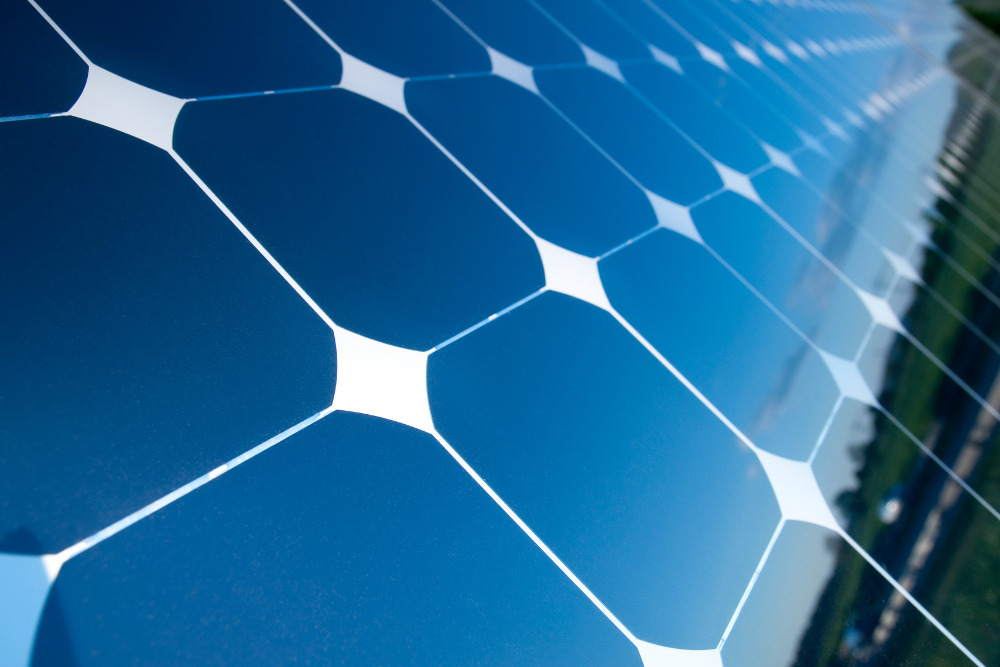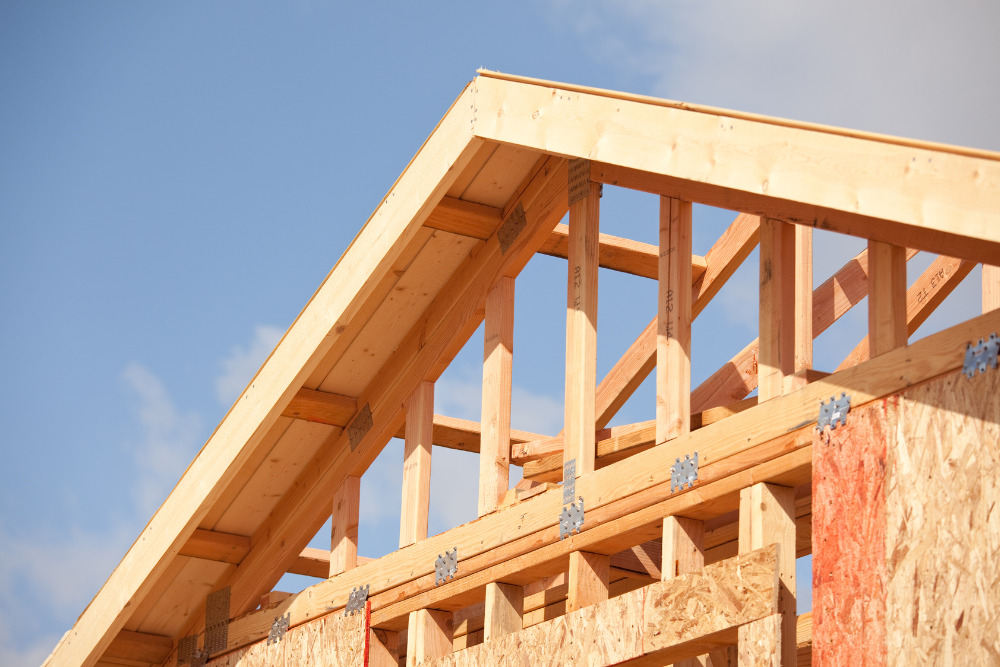
There are various solar panel financing options available to home buyers interested in buying a new construction home equipped with solar panels.
For new construction projects, integrating solar panels into the design offers an excellent opportunity to incorporate clean energy solutions from the very beginning. However, one key question that often arises is how to finance solar panel installation.
Who Pays For Solar In New Builds?
There are several ways the cost of solar panels can be financed for a new construction home.
Including Solar Panel Financing in the Mortgage
One approach to financing solar panels for new constructions is to bundle the solar installation costs into the home buyer's mortgage.
If you’re going the conventional route, talk to your lender to see if the cost of the solar system can be included in your mortgage. In addition to having one monthly payment, tying the solar cost to your mortgage will typically mean a low interest rate and longer payback time than typical solar panel loan payments.
For buyers using a Federal Housing Administration (FHA) loan, you may qualify for the Energy Efficient Mortgage (EEM) program to simplify the process of financing a new solar energy system. Now, families have the option to include the entire expense of a new solar photovoltaic array in a standard FHA-insured mortgage when purchasing or refinancing a home.
Pros of Including Solar Panel Financing in the Mortgage
- Including solar power financing in the mortgage simplifies the financing process, meaning homeowners do not need to navigate separate loans or financial arrangements.
- There are no upfront costs associated with solar installation. Homeowners have one closing date and one set of origination fees for the total cost of the mortgage plus solar.
- Mortgages generally offer lower interest rates compared to other forms of financing. Homeowners make long-term interest savings by spreading the cost over the life of the mortgage.
- Interest paid on mortgages is tax deductible. Interest paid on personal or solar loans is not deductible.
- You own the solar panel system and are in control of future upgrades.
Cons of Including Solar Panel Financing in the Mortgage
- Including solar panel financing in the mortgage increases the total loan amount and extends the repayment period.
- Home buyers must meet certain eligibility criteria to include solar panel financing in their mortgage. These may include an excellent credit score, debt-to-income ratio, and the lender's specific requirements.
- Some lenders may require the home to already have equity or appraise high enough to cover the cost of the solar.
- Since you own the system, you are responsible for the cost of maintenance, repair, and any future upgrades you plan.
Other Considerations
- Including solar panels in the mortgage can enhance the property's resale value. Solar-powered homes often appeal to environmentally-conscious buyers, potentially increasing market demand and property desirability.
- Understanding the warranty coverage and maintenance requirements associated with the solar panel system is essential. Homeowners should review warranty terms and consider system lifespan, maintenance obligations, and potential insurance requirements.

Personal or Solar Loan for the Buyer
Another viable option is for home buyers to secure a personal loan or home improvement loan if they plan to tackle multiple projects with the money. This approach allows for greater flexibility, allowing homeowners to choose from various lenders, often resulting in competitive fixed rates and repayment terms.
Specialized solar loans specifically dedicated to funding the installation of solar panels are also an option. However, unlike the general nature of a home improvement loan, solar loans are only valid for solar equipment purchase and installation.
The property-assessed clean energy (PACE) program is one example that helps home buyers finance energy-efficient upgrades, like solar, on privately-owned properties.
Pros of Personal or Solar Loans
- Personal or solar loan options offer flexibility regarding lender selection and loan terms. Homeowners can shop banks and credit unions for the best loan terms, interest rates, and repayment options tailored to their financial circumstances.
- Solar loans are specifically designed for solar panel installations, ensuring homeowners can access funding dedicated solely to their renewable energy project. Consequently, borrowers avoid mixing their solar panel investment with other financial obligations.
- Homeowners may be eligible for tax incentives when financing solar panels through a personal or solar loan. These benefits include state and federal tax credits, rebates, or local incentives, reducing the overall cost of solar panel installation.
- You own the system and can make any modifications or future upgrades.
Cons of Personal or Solar Loans
- Personal or solar loans may carry higher interest rates than other financing options.
- These types of loans typically have eligibility criteria that borrowers must meet, including credit score, income requirements, and debt-to-income ratio.
- Since you own the system, you are responsible for maintenance and operation costs.
Other Considerations
- Homeowners should carefully review the loan terms and repayment period associated with personal or solar loans. Consider factors such as interest rates, repayment schedules, and any potential penalties or fees.
- Research and select a reputable lender experienced in solar financing. Compare the loan offers from different lenders and understand their track record, customer service, and loan terms.
- Understanding the warranty coverage and maintenance requirements associated with the solar panel system is crucial. Homeowners should review the system lifespan, maintenance obligations, and potential insurance requirements.
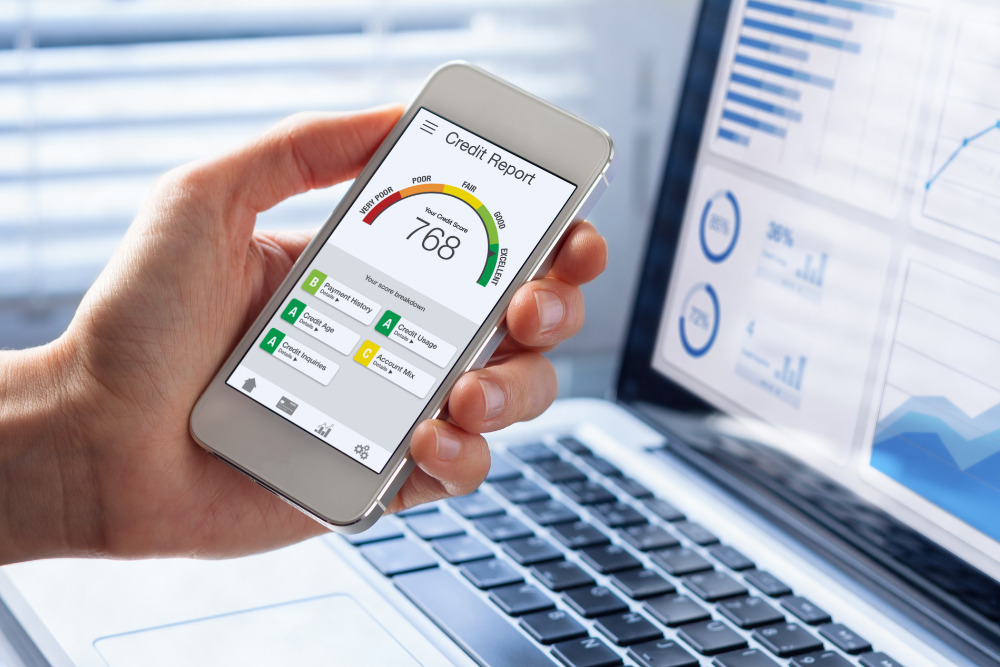
Power Purchase Agreements (PPAs)
A Power Purchase Agreement is a financial arrangement between a solar panel system provider (often a third-party solar company or utility) and a homeowner or builder.
Under this agreement, the solar system provider installs, owns, and maintains the solar panels on the property. At the same time, the homeowner or builder agrees to purchase the electricity generated by the system for a predetermined payback period, typically 10 to 25 years.
Pros of PPAs
- Buyers are relieved of the upfront costs associated with purchasing and installing solar panels. The builder or contractor purchases the system, takes advantage of available tax credits, and then sells the electricity back to the homeowner.
- Buyers can enjoy reduced energy costs from the moment the system is operational. Monthly payments under the PPA are typically lower than traditional utility company rates, resulting in immediate savings on electricity bills.
- Since you don’t own the system, you don’t have the costs associated with maintenance and operation.
Cons of PPAs
- Buyers do not have direct ownership of the solar system, limiting their control over its operation, maintenance, or potential upgrades. This affects the flexibility to make changes or modifications to the system.
- PPAs typically involve long-term agreements spanning 10 to 25 years.
- If you sell your home, the PPA must be transferred to the new buyer, which may make it more difficult to sell.
Other Considerations
- Buyers must carefully review the terms and conditions of the PPA agreement, including the pricing structure, escalation clauses, contract duration, and any potential exit or transfer options.
- Buyers should research the provider's track record, customer reviews, and expertise in managing PPAs.
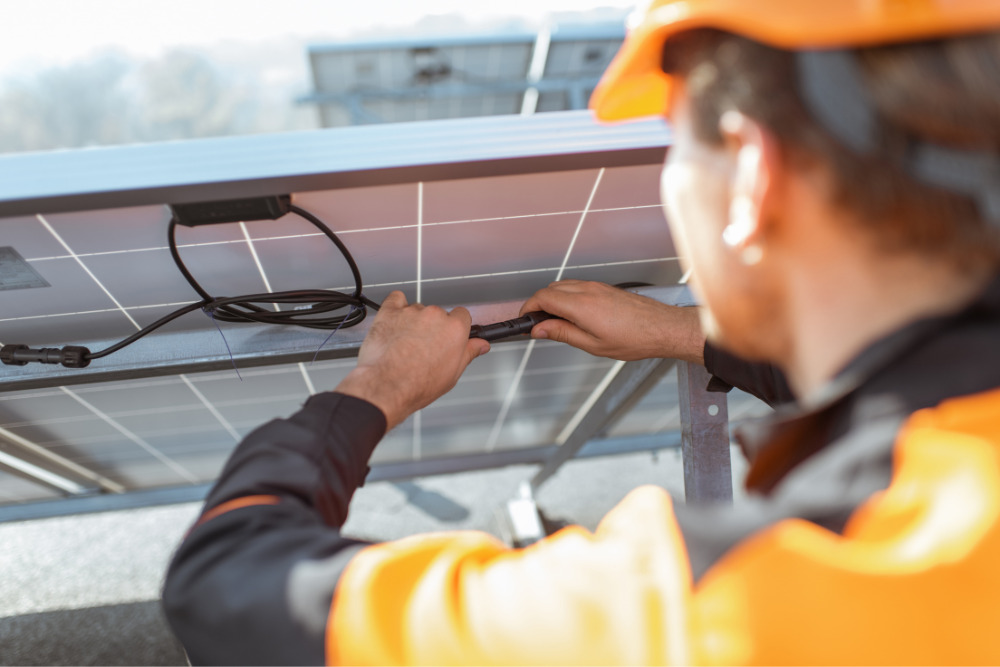
Builder Owning the Solar System and Leasing It
In some cases, builders may own the solar system outright and lease it to the homeowners. A solar lease shifts the responsibility of installation, maintenance, and ownership to the builder. Meanwhile, homeowners benefit from the clean home energy generated by the panels without shouldering the upfront costs or maintenance obligations.
Pros of Builder Owning the Solar System and Leasing It
- Buyers are relieved of the upfront costs associated with purchasing and installing solar panels. The builder assumes financial responsibility for the system, making it an attractive option for buyers who prefer a low initial investment.
- The builder handles the installation, maintenance, and system performance over the course of the lease.
- Buyers have reduced energy costs from day one. As they lease the solar system, they pay the builder a predetermined monthly fee, typically lower than traditional utility rates, resulting in immediate savings on electricity bills.
Cons of Builder Owning the Solar System and Leasing It
- Buyers do not have direct ownership of the solar system, limiting their control over its operation, maintenance, or potential upgrades.
- Long-term leases can span 10 to 25 years, which may not align with buyers' plans if they anticipate moving or selling the property within a shorter timeframe.
- The solar lease must be transferred to future home buyers.
Potential Savings and Benefits:
- Leasing the solar system from the builder enables buyers to benefit from reduced energy costs. Buyers can achieve immediate savings on electricity bills because the monthly lease payment is typically lower than traditional utility rates.
- Buyers contribute to a cleaner and more sustainable environment by utilizing solar energy. Solar panels reduce carbon emissions and reliance on fossil fuels.
Other Considerations
- Buyers should carefully review the lease terms, including any escalation clauses that outline potential increases in lease payments over time.
- Buyers should make detailed inquiries about the builder's responsibilities regarding system maintenance and performance.
Builder Assuming the Solar System Cost and Adding It to the Sale Price
Builders may choose to assume the solar system cost themselves and incorporate it into the home's overall price.
This approach simplifies the financing process for the home buyer, as they do not have to navigate different financing options for solar installation. Instead, the cost is included in the sale price, spreading the payments over the life of the loan.
Pros of System Added to Sale Price:
- Buyers are relieved of the burden of upfront costs or down payments associated with purchasing and installing solar panels.
- By rolling the cost of the solar system into the home's price, buyers effectively pay less for the system than if they were to purchase and install it separately.
- In this financing model, the homeowner owns the solar system, despite the builder receiving the associated tax breaks. Buyers have full control over the system, including choosing their preferred solar provider, making changes, and benefiting from long-term energy savings.
Cons of System Added to Sale Price:
- Rolling in the cost of the solar system increases the purchase price for the property. This may put certain homes out of reach for buyers that don’t qualify for higher mortgages.
- Buyers may have limited flexibility when selecting a specific solar system or provider. The builder typically manages the procurement and installation process, potentially limiting customization options for buyers.
Other Considerations
- Buyers should inquire about warranty coverage and maintenance responsibilities associated with the solar system.
- Although the builder receives the federal solar tax credit, buyers should consult a tax professional to explore potential tax benefits or credits associated with owning a solar system. They may be eligible for incentives that exempt the system from the assessed value for property taxes.
- Assessing the builder's reputation and expertise in solar installations is essential. Buyers should research the builder's track record, certifications, and customer reviews.
- Outside of California, this model is not the norm. If you’re considering a new construction house with solar already installed, be sure to have your realtor ensure the home’s value and sale price are in line with comparable homes with solar.
What About The California Solar Mandate Requiring All New Homes To Have A PV System?
With the new California solar mandate, all new homes must have solar.
This requirement will add $8,000 to 10,000 to the upfront cost of a new home, but this extra expense would be offset by about $20,000+ savings on energy bills over 30 years.
Because solar is required on new homes in California, builders get breaks on the cost of installation, making it significantly cheaper than a homeowner installing a new system on an existing home.
What If You Already Purchased A New Construction Home And Want To Add Solar?
If you want to add solar to an existing home, you can take several financing routes, including:
- Cash or credit card
- Personal loan or solar loan
- PPA or solar lease
- Home equity line of credit that borrows from your property value’s equity
- Refinance and cash out to pay for the system
- Fannie Mae HomeStyle Renovation loan
